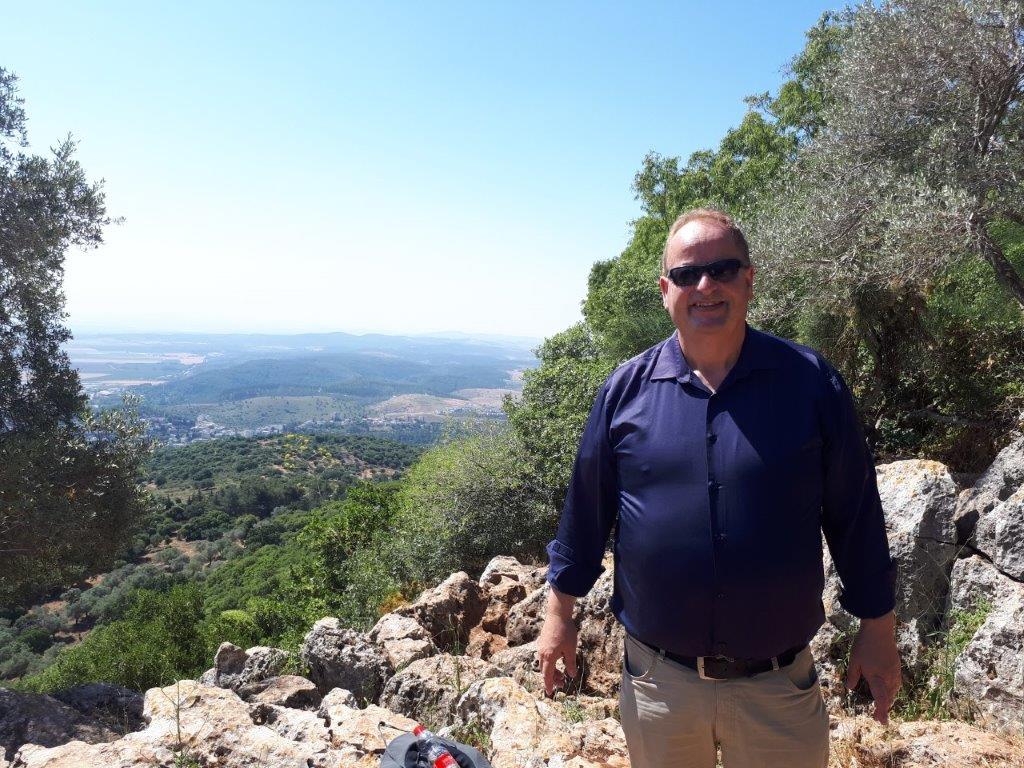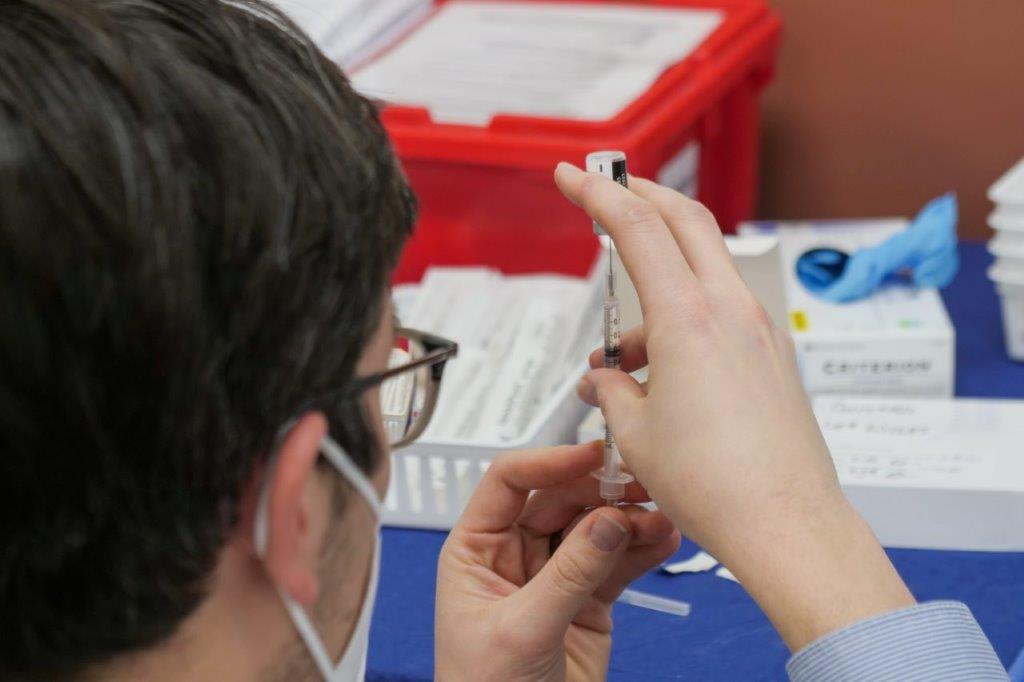Delight in Zion
Hatikvah: Powerful Hope
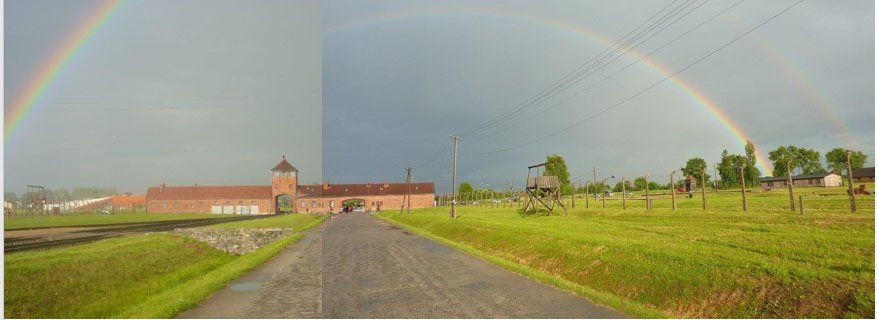
On 27th January, it was International Holocaust Memorial Day. The date marks the liberation of Auschwitz, which was one of scores of appalling death camps built by the Nazis for the extermination of, primarily, the Jewish people, but also Nazi political opponents, and others such as gypsies, homosexuals and disabled people.
In fact, anyone who did not fit the Nazi’s white Aryan ‘super-race’ were candidates for death. The Nazis had a plan to exterminate every Jewish person on the planet. Most people know that at least 6 million Jewish people died during the darkest hours of Jewish history in events that took place from the 1933 election of Adolph Hitler through until the end of World War II in 1945.
I visited Auschwitz with Helen in 2014, and, more recently, I visited Mauthausen Goosen Concentration Camp near Linz in Austria.
It is difficult for me to even begin to describe those visits, that left me with memories that cannot be erased.
Our School of Ministry (the Israel Study Tour run by our congregation) that happens every March and November, and in which I am privileged to serve and teach, always takes participants to Yad Vashem, the Holocaust Memorial Museum in West Jerusalem.
If you want to understand Israel today, with all its complexities, and its fierce determination to prevent its enemies from ‘wiping it off the map,’ as many of them say they want to do, then a visit to Yad Vashem is essential.
Recently, I found myself weeping at an episode of ‘Band of Brothers’ (the 2001 mini-series set during World War II). This episode portrayed American soldiers liberating one of the death camps. The Holocaust remains an open wound for the Jewish people and cannot just be swept aside or ignored.
We need to remember the Holocaust, and declare ‘Never again,’ not only for Israel and the Jewish people, but also for any race or people that is facing potential genocide.
While remembering these horrors, which cannot be underestimated, I believe that our God is a God of restoration who desires for all His servants to know the powerful hope they carry, and to understand this powerful hope through His restoration of the nation of Israel after 2000 years of dispersion, slaughter, and hatred.
The fact that the nation of Israel was restored in 1948 is positive proof that, when God says in His word that He will return the Jewish people to their biblical home, as, for example, in Ezekiel 36: 22-28, then He is faithful to His promise. It is evidence of the powerful hope that we who love the Lord have in our covenant relationship with Him.
The fact that the darkest years in Jewish history happened just three short years before the glorious restoration of Israel speaks loudly of God’s amazing grace and covenant.
Hatikvah
, which means the hope
, is Israel’s national anthem. It speaks of the eternal hope the Jewish people have in the God of Israel who restores their lives and their land.
On our visit to Auschwitz in 2014, as Helen and I walked back from the area where the gas chambers once were, a double rainbow suddenly appeared over the red-bricked gate house, through which the infamous railway used to run.
It was as though God was repeating to the Jewish people that He would ‘never again’ allow such horrors to be inflicted upon them.
Psalm 121:4: ‘Behold, He who keeps Israel shall neither slumber nor sleep.’
Having made Aliyah
from England, I realized when I saw that rainbow that the Lord was reminding me that I now live and serve in Israel not just for myself, but for all my people who never made it back to their biblical home.
My prayer as we remember the terrible events of the Holocaust and wonder at the God who restored the nation of Israel, is for the Jewish people to know and love their own Messiah.
Then they will rejoice in Yeshua and experience ‘Messiah in us, the hope / tikvah of glory’ (Colossians 1:27).
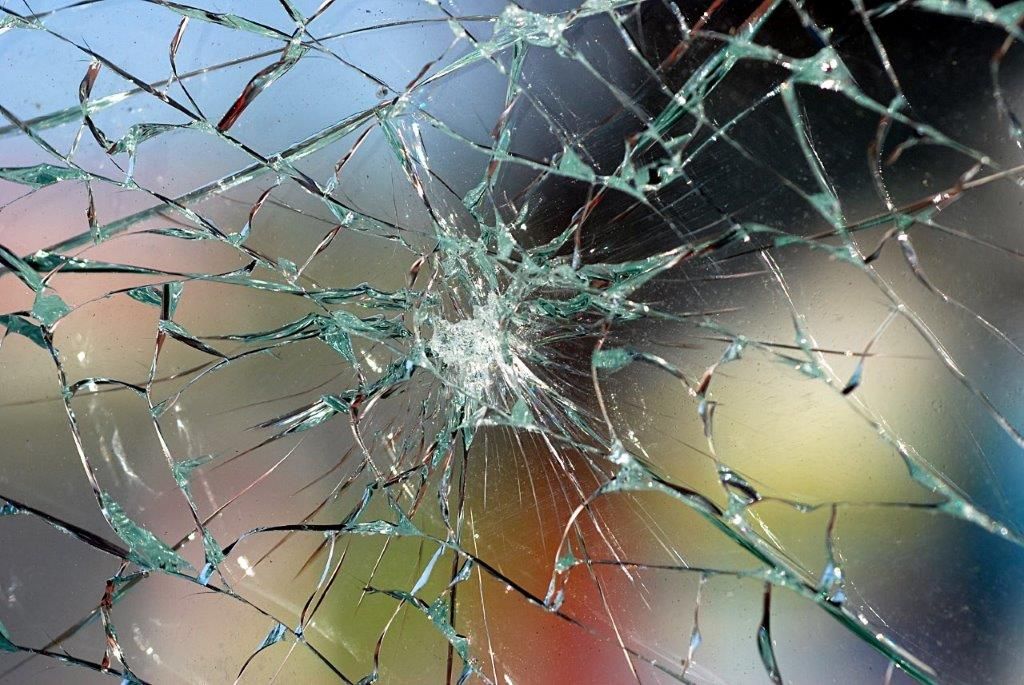

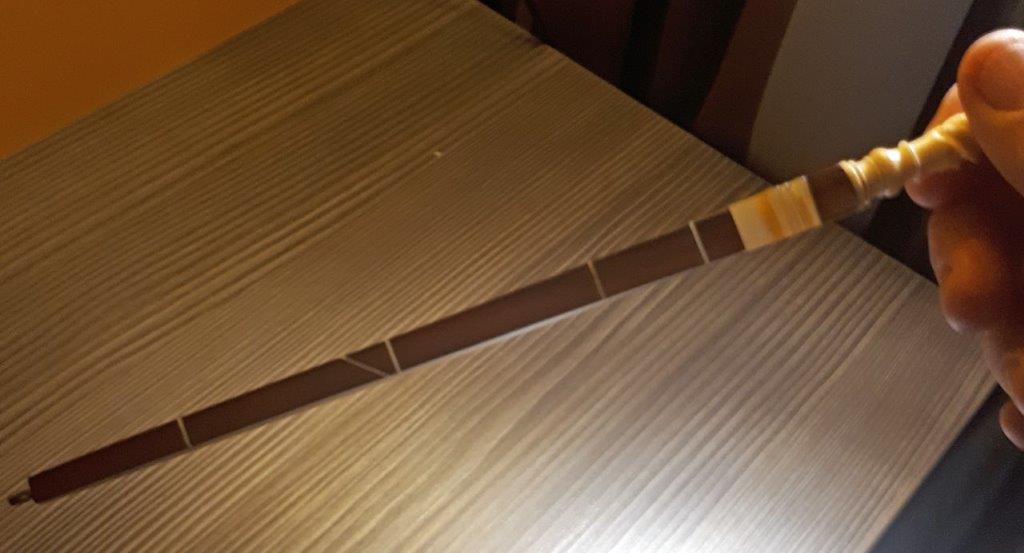
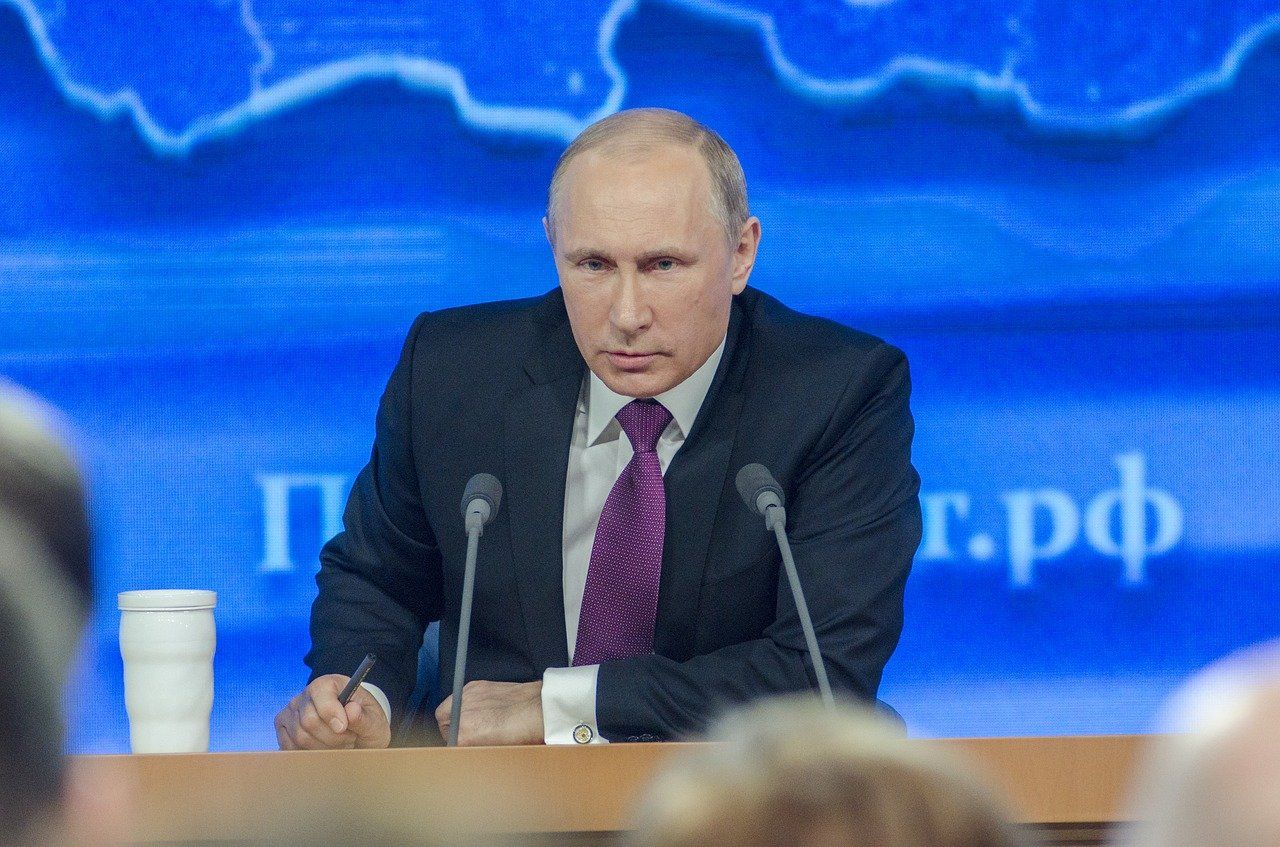
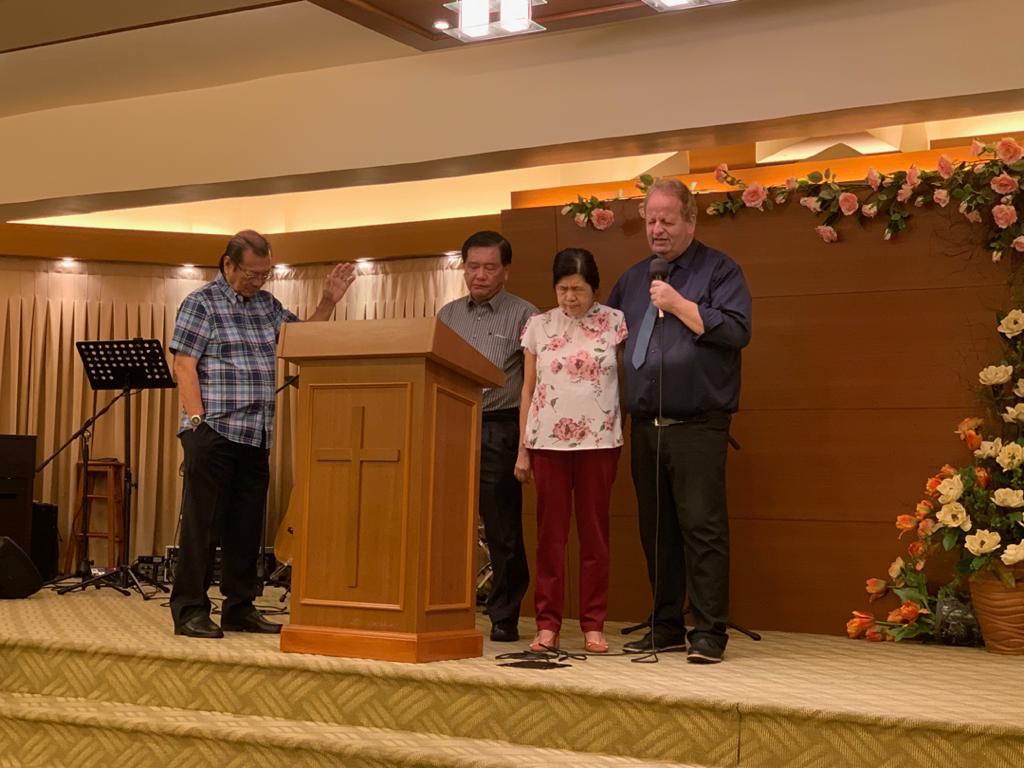
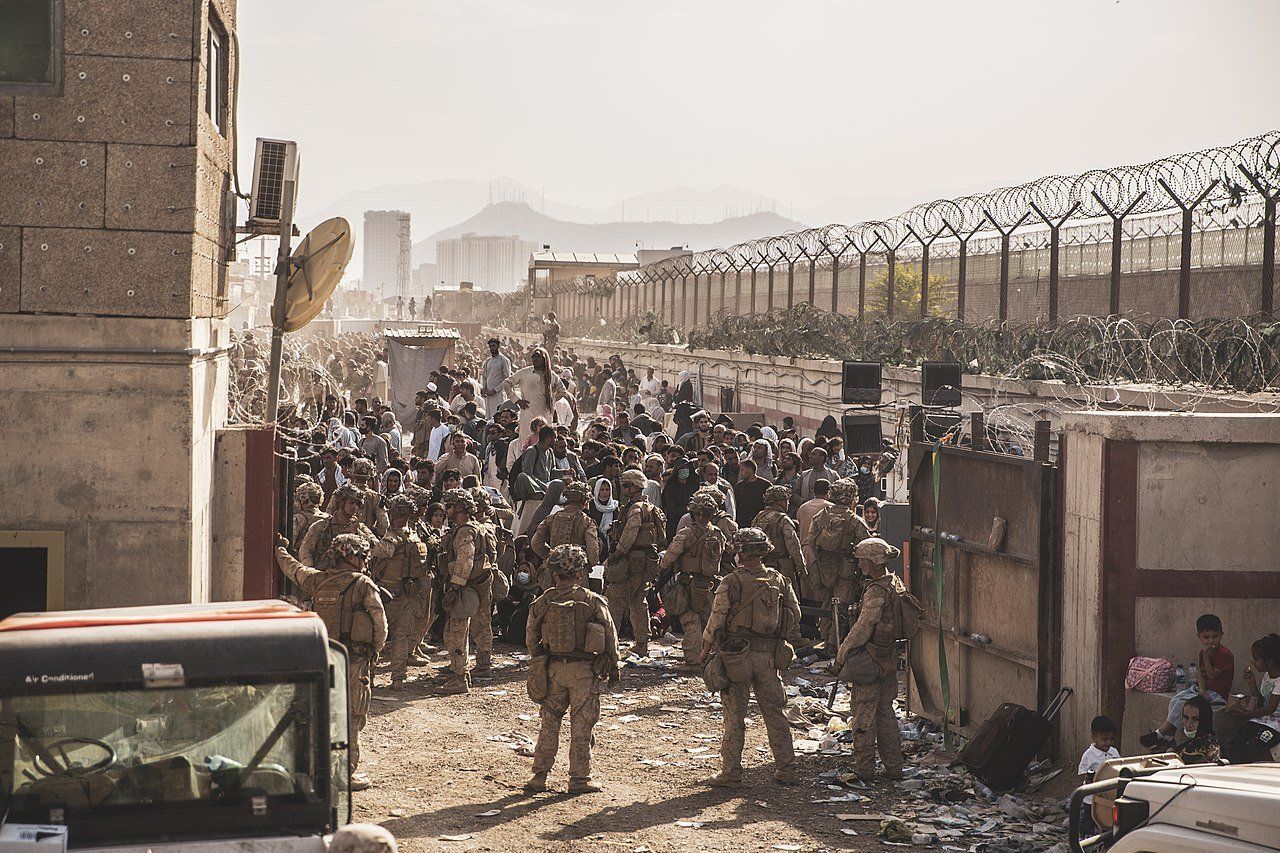
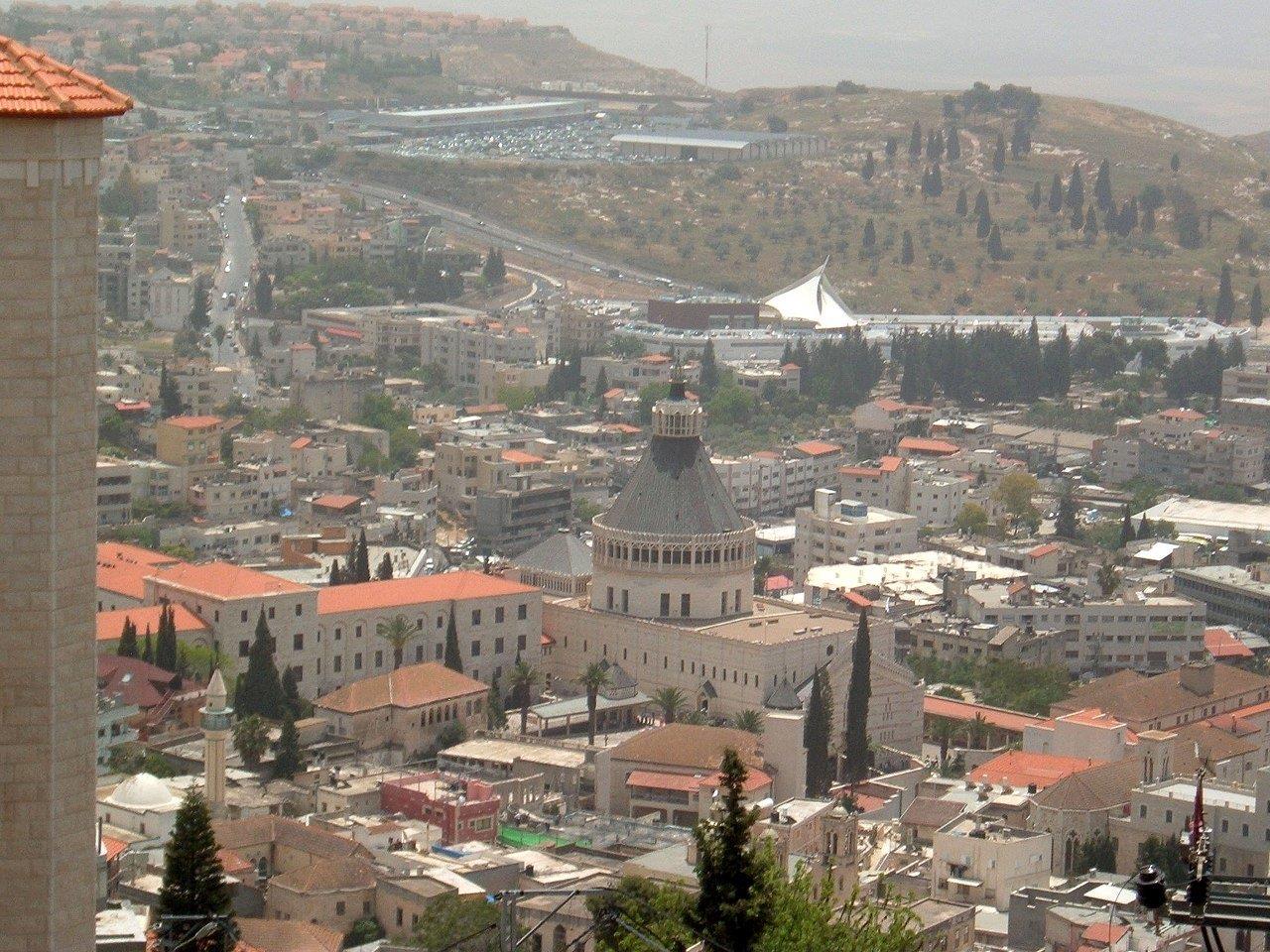
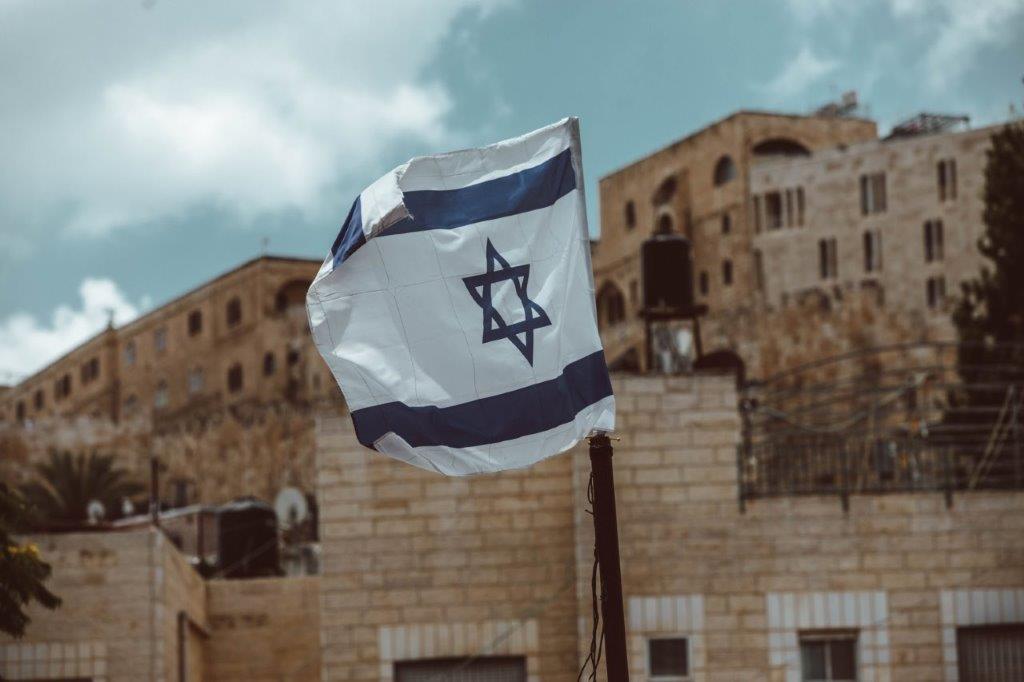
Contact Us
We will get back to you as soon as possible.
Please try again later.
